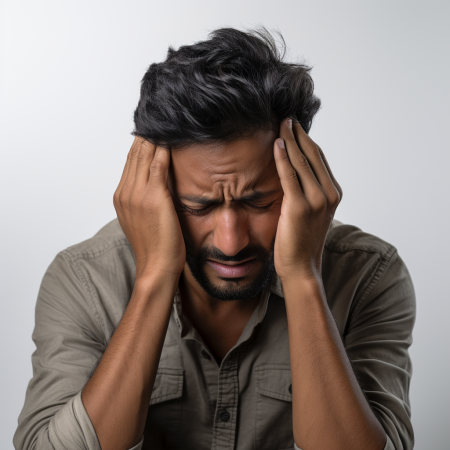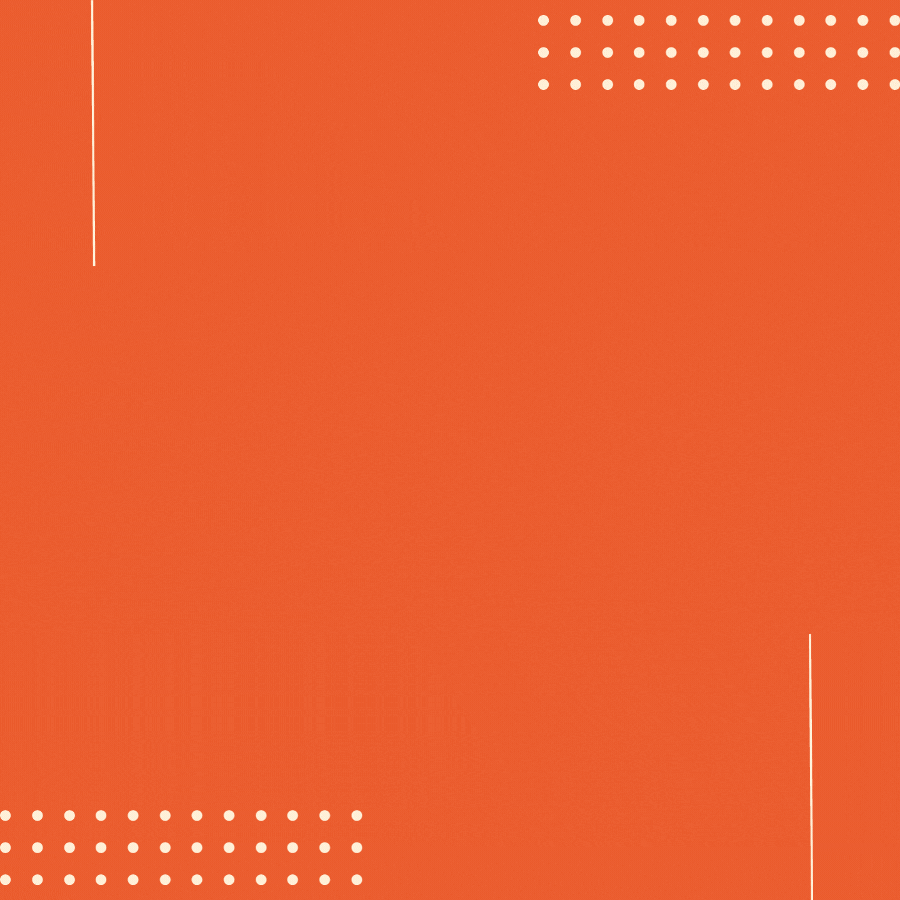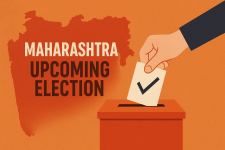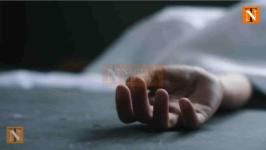Know about your 'Hangxiety' after drinking alcohol

You had a fantastic night out, but the following morning you are overcome with anxiousness. Your heart is pounding, and you mentally relive every discussion from the previous evening. Approximately 22% of social drinkers have this sensation, which is referred to as hangover anxiety or "Hangxiety."
For others, it's a surge of anxiety that seems uncontrollable, while for others, it's just moderate jitters. You can experience panic, dread, and an inability to unwind as a result of the "Sunday Scaries."
Even easy things can feel overwhelming when you're suffering from hangover anxiety. This is why it occurs and what you can do to prevent it.
How does drinking affect our brains?
The body uses a hangover, which includes a variety of symptoms, as a means of recuperating from alcohol consumption. The throbbing headaches and nausea that many of us are all too familiar with following a big night out are largely caused by dehydration and disturbed sleep. However, hangovers also have a significant psychological component.
As a depressant of the neurological system, alcohol changes the way some chemical messengers function in the brain. By raising neurotransmitters that promote calmness and reduce inhibitions, alcohol helps you relax. This helps you become more calm by slowing down your thinking.
Your mood, emotions, and level of awareness are all impacted by this encounter. Because of this, drinking tends to make us more gregarious, careless, and inclined to lower our defenses.








-t-thumb.jpeg)
-t-thumb.jpeg)
